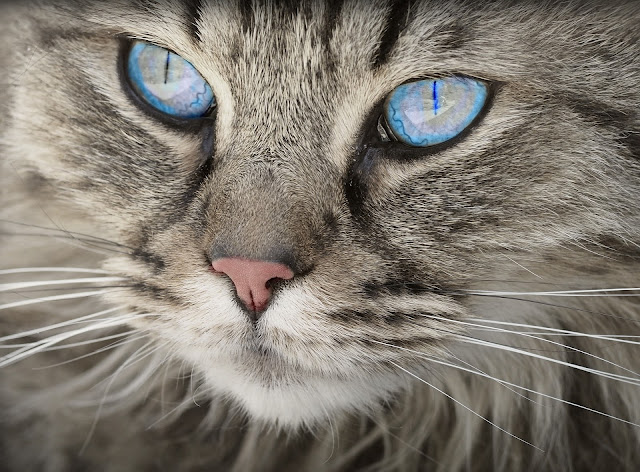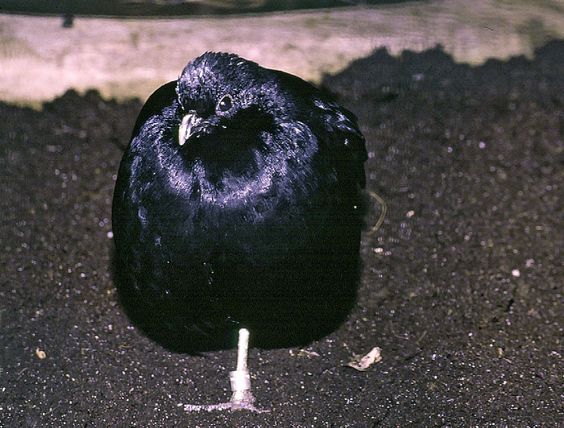Turkeys are considered to be intelligent birds with a range of complex behaviors and cognitive abilities. Here are some examples of the intelligence and adaptability of turkeys:
- Social behavior: Turkeys are social animals that form complex hierarchies within their flocks. They have been observed engaging in a variety of social behaviors, including vocal communication, preening, and grooming.
- Problem-solving: Turkeys have been shown to be capable of solving a range of problems, including opening doors and navigating mazes. They have also been observed using tools, such as using sticks to scratch their backs or reach objects.
- Memory: Turkeys have excellent long-term memories and are able to remember the locations of food sources and other important resources over long periods of time. They can also recognize individual humans and other animals, and may show signs of distress or agitation in the presence of individuals they perceive as a threat.
- Communication: Turkeys have a complex vocal repertoire that allows them to communicate with each other in a variety of ways. They can produce a range of calls and vocalizations that convey information about their location, status, and intentions.
Overall, turkeys are intelligent and adaptable birds that are capable of a range of complex behaviors and cognitive abilities. While they may not be as well-known for their intelligence as some other bird species, such as crows or parrots, they are nonetheless fascinating animals with a rich and complex social and behavioral repertoire.
- Turkeys have been shown to have excellent spatial awareness and navigational abilities. They are able to navigate complex terrain and may be able to use the position of the sun and other celestial cues to orient themselves.
- In the wild, turkeys may form alliances and partnerships with other animals, such as deer or squirrels. These relationships may be based on mutual benefit, such as sharing food sources or helping to alert each other to potential threats.
- Turkeys have a range of unique physical adaptations that help them to survive in their environments. For example, they have specialized feathers that help them to regulate their body temperature, and they are able to rapidly change the color and pattern of their skin to communicate with other turkeys.
- While turkeys are capable of complex behaviors and cognitive abilities, they are also vulnerable to a range of threats in the wild. Habitat loss, hunting, and predation are among the major threats facing wild turkey populations, and efforts are underway to conserve and protect these fascinating birds and their habitats.
- Turkeys are an important part of the cultural and culinary traditions of many societies around the world. In the United States, for example, turkey is a popular dish for Thanksgiving and other holidays. In Mexico, turkeys are used to make a traditional dish called mole poblano. In other parts of the world, turkeys are eaten as a regular part of the diet.
- Domesticated turkeys, which are raised for meat production, are typically larger and less agile than wild turkeys. They are also bred to have larger breasts and to grow more quickly than their wild counterparts.
- Wild turkeys are an important species for hunters and outdoor enthusiasts. They are prized for their meat, and hunting turkeys has become a popular pastime in many parts of the world.
- In addition to their culinary and cultural importance, turkeys also have a range of ecological and conservation significance. They play an important role in forest ecosystems, where they help to disperse seeds and control insect populations. They are also a valuable indicator species, as their presence or absence can provide important information about the health of ecosystems.
- There are several species of turkeys found throughout the world, including the North American wild turkey, the Ocellated turkey found in Central America, and several species found in Asia.
Overall, turkeys are fascinating and important birds that have played a significant role in human history and culture. Whether raised for meat, hunted for sport, or observed in the wild, they continue to capture the imaginations of people around the world.






